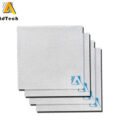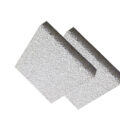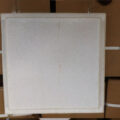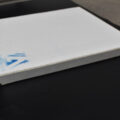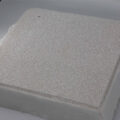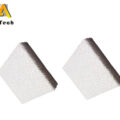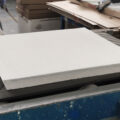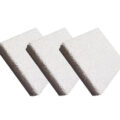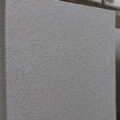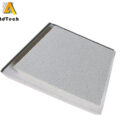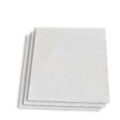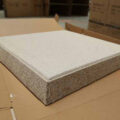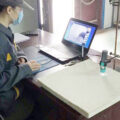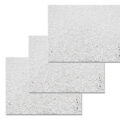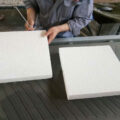Filters in the melting and casting workshop can take many forms, aluminum foundry usually uses ceramic foam filters (CFF) as the main molten metal filters.
At present, the aluminum industry requires strict metal quality standards to prevent parts failure in key components of automobiles, airplanes, and machinery. Filtration is the last online metal treatment process before liquid metal becomes a casting. Many other upstream process stages are to control the flow and reduce the content of the filter system, the purpose is to produce products that meet or exceed expected standards.
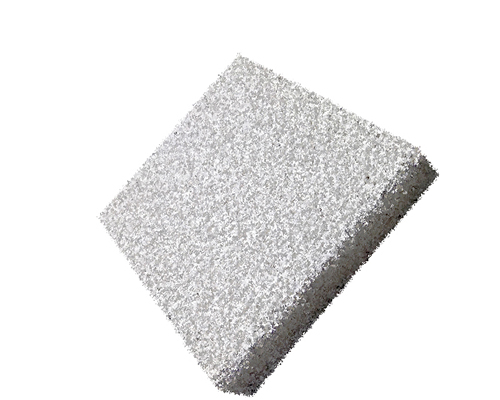
CFF is a high-purity alumina-based product, available in a variety of sizes and grades for use by the aluminum industry. Excellent strength at molten aluminum temperature, durability, high thermal conductivity, and good chemical resistance. They are suitable for use in aluminum foundries to remove inclusions.
Adtech manufactures aluminum cast ceramic foam filter, which is widely used in continuous aluminum melting filtration equipment. The pore size of the alumina ceramic foam filter ranges from 20 to 50ppi, with different sizes and shapes.
Alumina ceramic foam filter plate is an effective liquid metal filter. It is a three-dimensional high-porosity interconnected network structure, which has the advantages of large slag collecting surface area, large filtering internal surface area, small flow resistance, and good filtering effect.
Aluminum Ceramic Filters Function
- Liquid metal decontamination
- Simplified access control system
- Improve the metallographic structure of castings
- Reduce casting slag
- Improve the quality of castings
- Reduce internal reoxidation defects of castings
- Reduce surface defects after casting processing
The Aluminum Ceramic Filters filtration efficiency largely depends on whether the filter is used correctly. The filter is used in demanding applications and must be well supported, and there should be no possibility of metal bypassing the filter.
In fusion casting applications, filters allow casting producers to use filtration technology to produce higher-quality castings and increase their confidence in performance.

